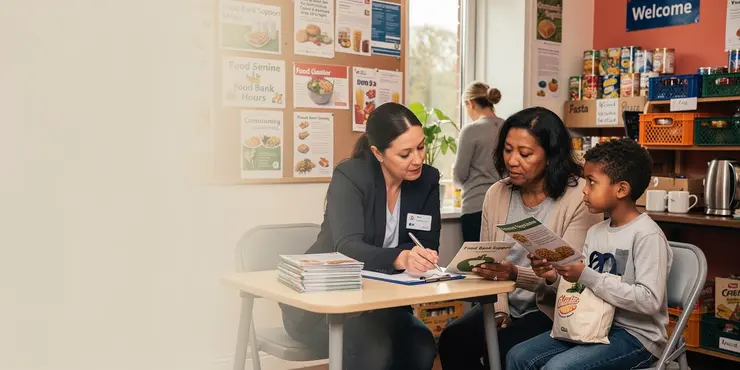
Find Help
More Items From Ergsy search
-
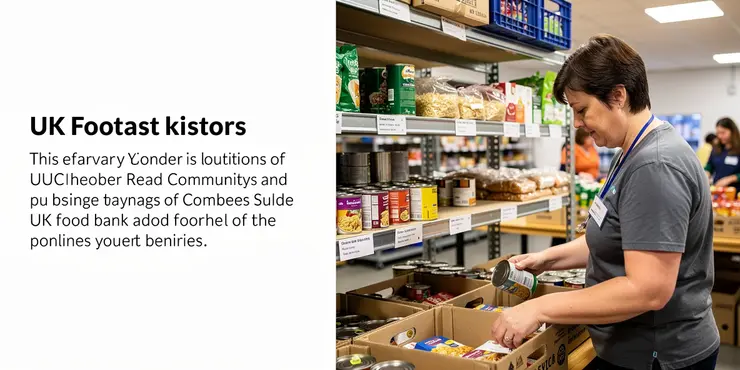
How do food banks get their food?
Relevance: 100%
-
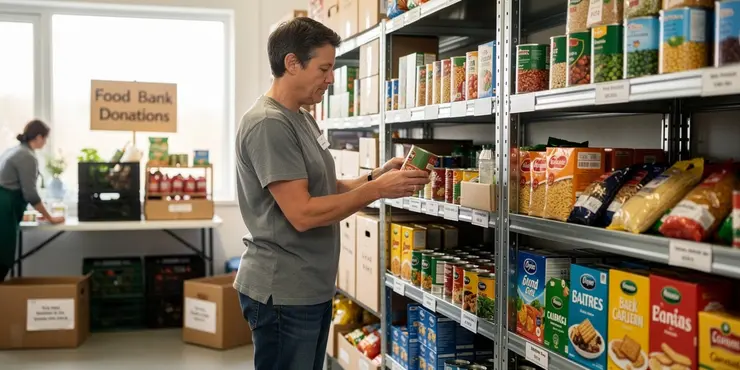
What is a food bank?
Relevance: 100%
-
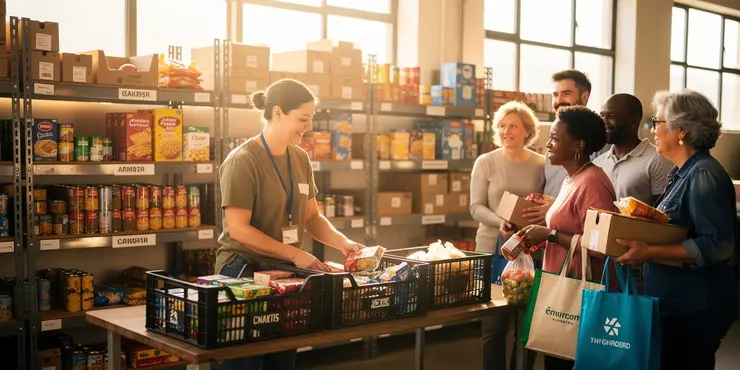
Is there a cost to receive food from a food bank?
Relevance: 97%
-
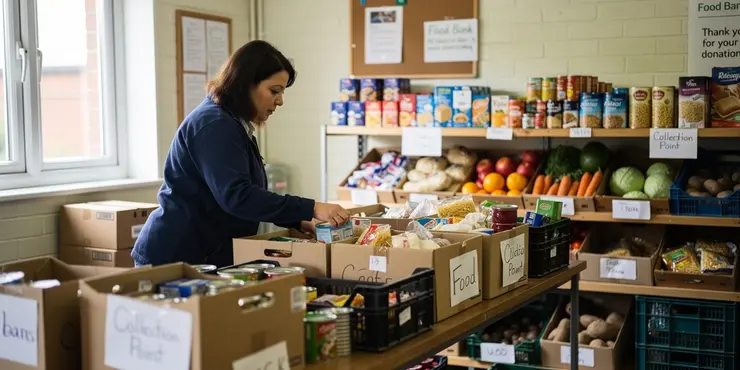
Are food banks open on weekends?
Relevance: 95%
-
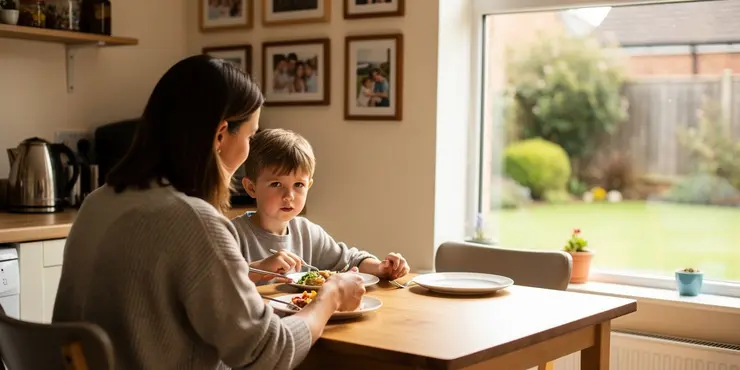
What is the difference between a food bank and a food pantry?
Relevance: 94%
-
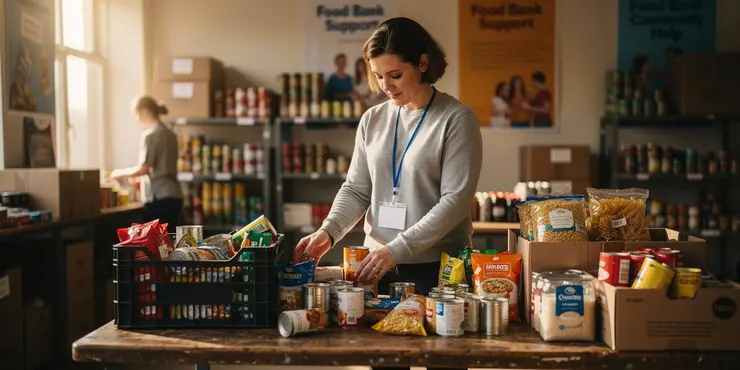
What types of food are typically available at a food bank?
Relevance: 94%
-
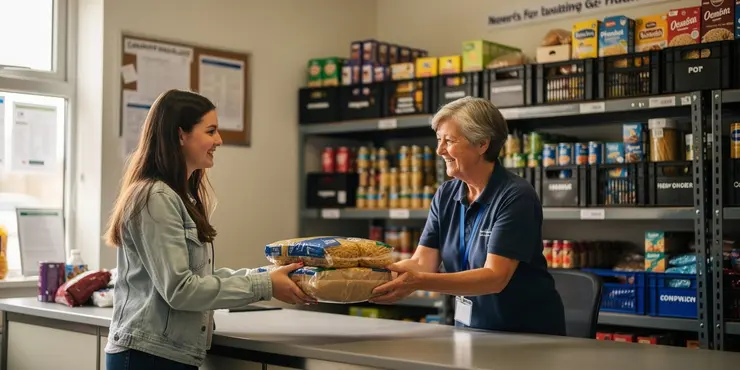
Can anyone use a food bank?
Relevance: 91%
-
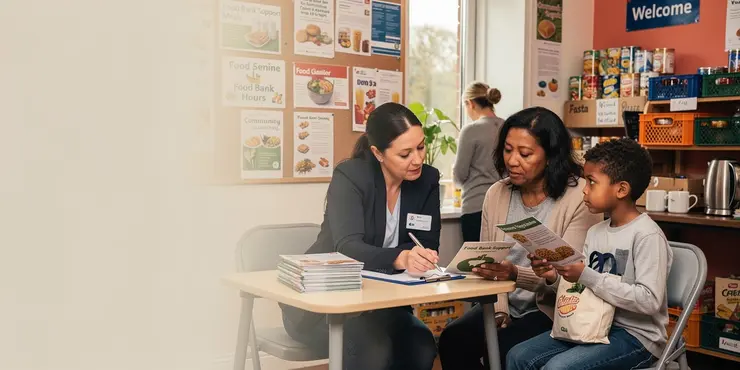
How can I access food banks?
Relevance: 91%
-
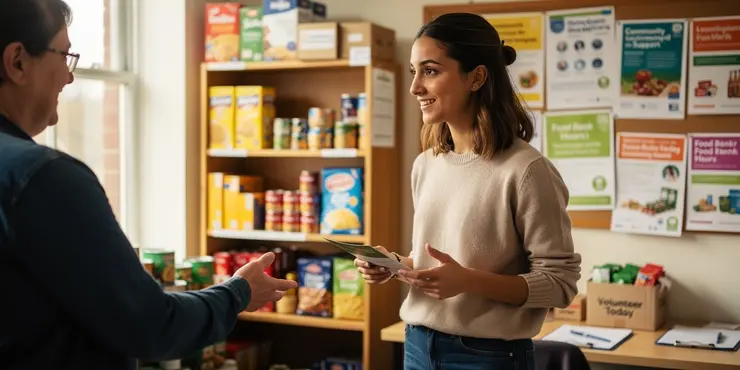
What if there is no food bank near me?
Relevance: 91%
-
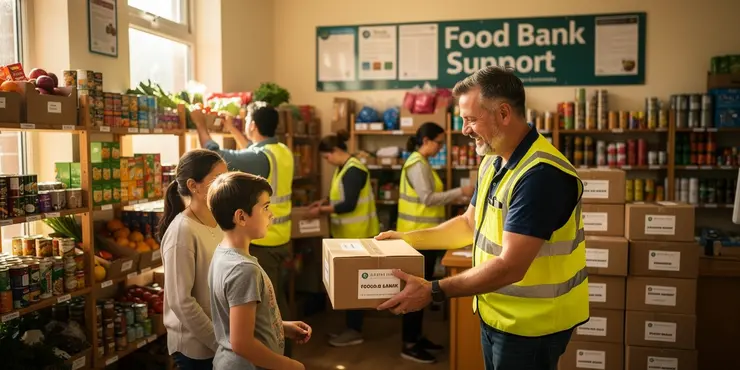
Is there a limit on how much food I can take from a food bank?
Relevance: 89%
-
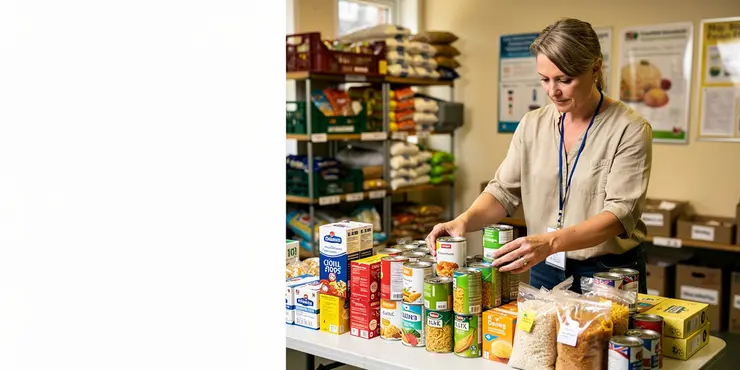
How can I support my local food bank?
Relevance: 87%
-
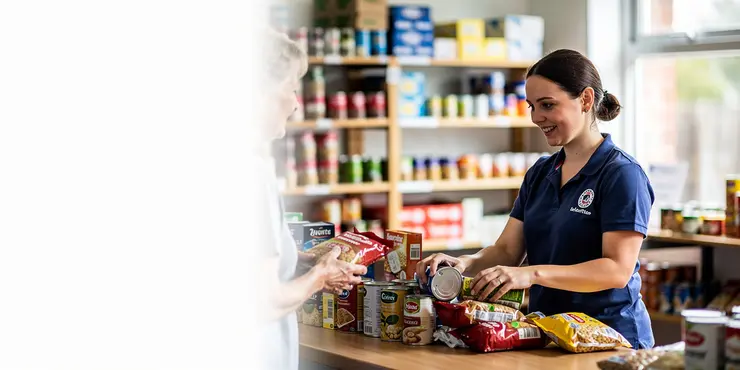
How often can I visit a food bank?
Relevance: 87%
-
Can refugees or immigrants access food banks?
Relevance: 87%
-
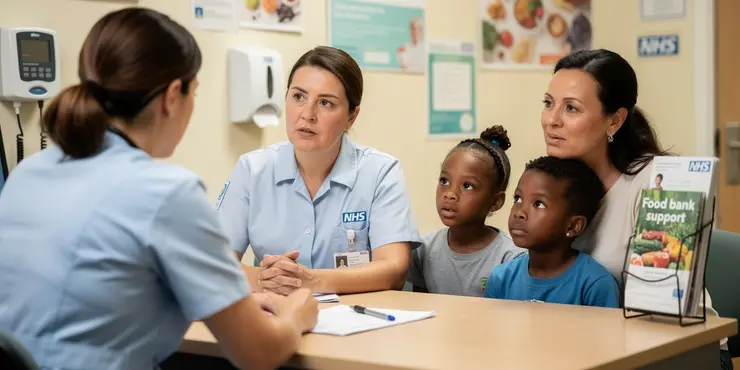
How can I find a food bank near me?
Relevance: 87%
-

What information do I need to access a food bank?
Relevance: 87%
-
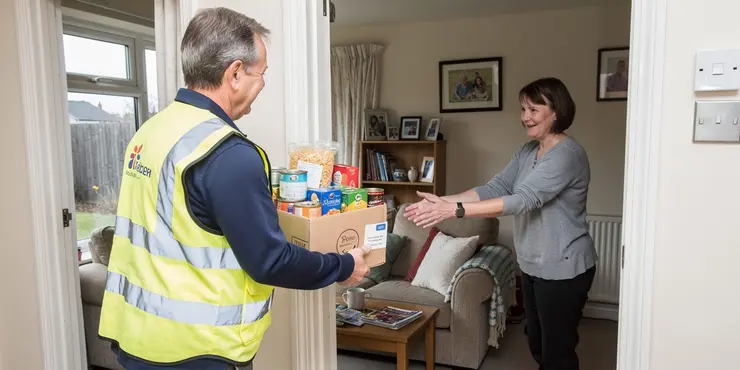
What if I can't physically visit a food bank?
Relevance: 86%
-
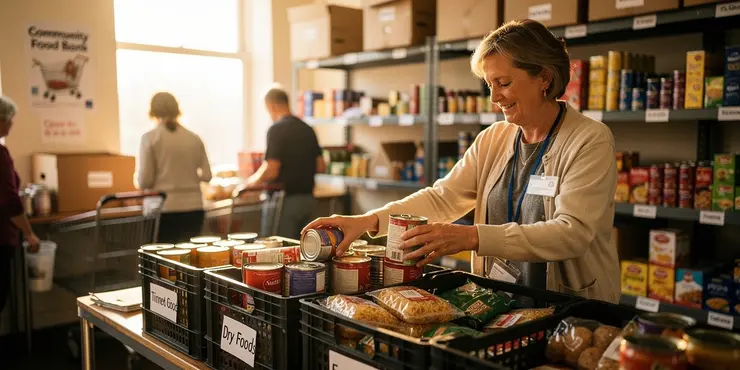
The Rise of Community Food Banks: Combating Hunger Locally
Relevance: 84%
-
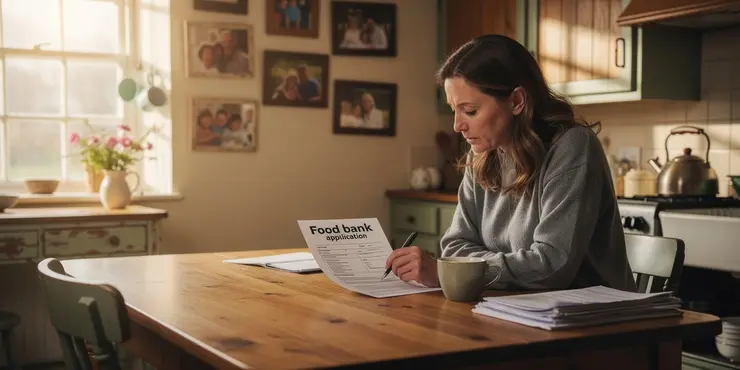
Do I have to provide personal information to access a food bank?
Relevance: 84%
-
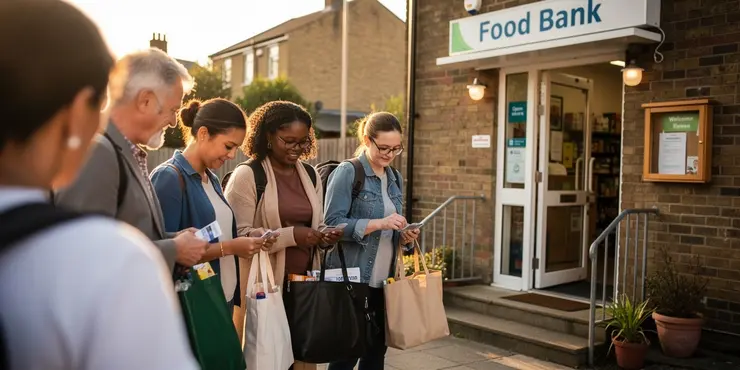
What should I bring with me when visiting a food bank?
Relevance: 84%
-
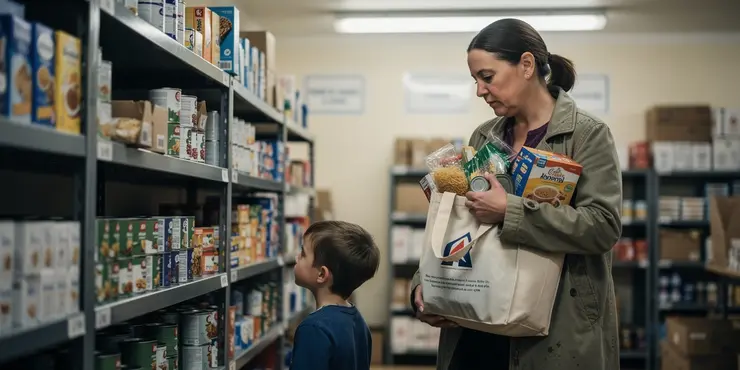
Rise in Food Bank Usage Amid Economic Challenges
Relevance: 84%
-
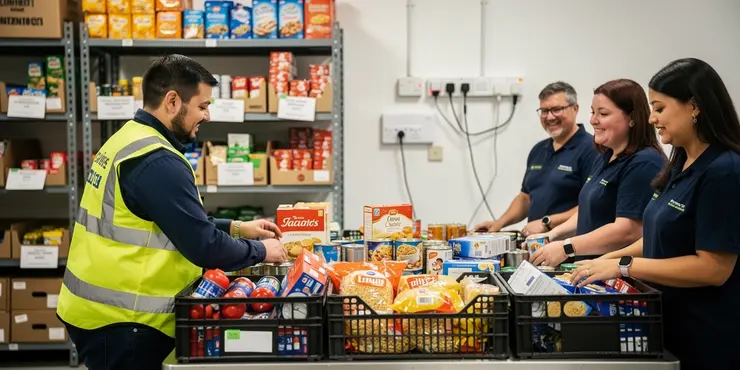
Can I volunteer at a food bank?
Relevance: 73%
-
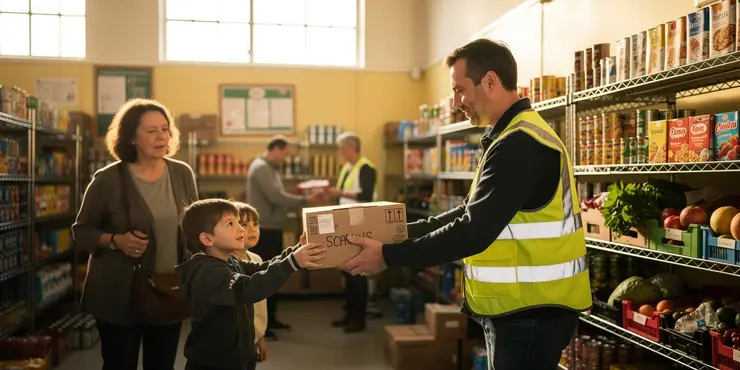
Do I need to make an appointment to visit a food bank?
Relevance: 66%
-
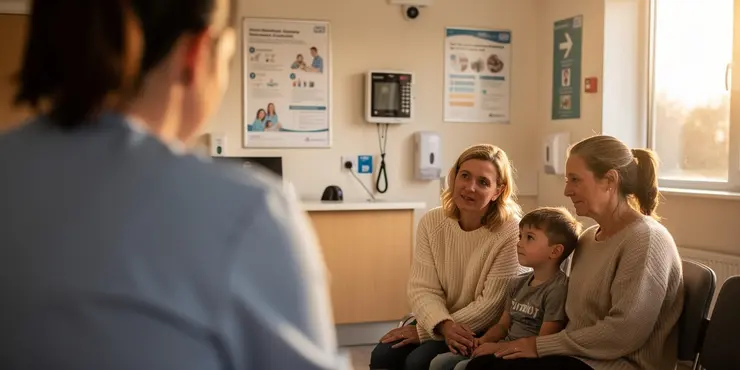
Charities Warn of Food Insecurity Amidst Rising Cost of Living
Relevance: 58%
-
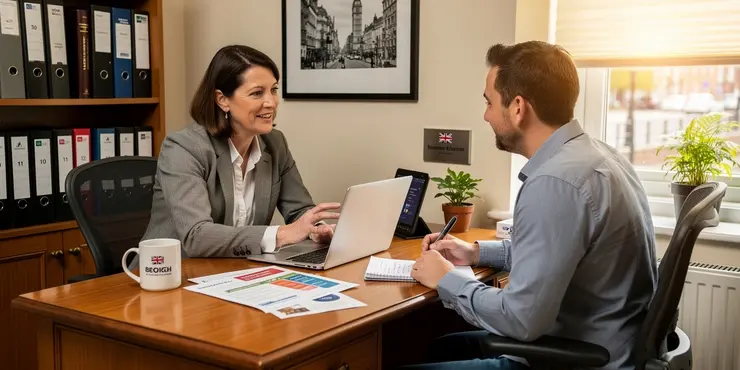
Are online banks cheaper than traditional banks?
Relevance: 54%
-
Are online banks cheaper than traditional banks?
Relevance: 54%
-

Are there benefits to having multiple bank accounts at different banks?
Relevance: 52%
-
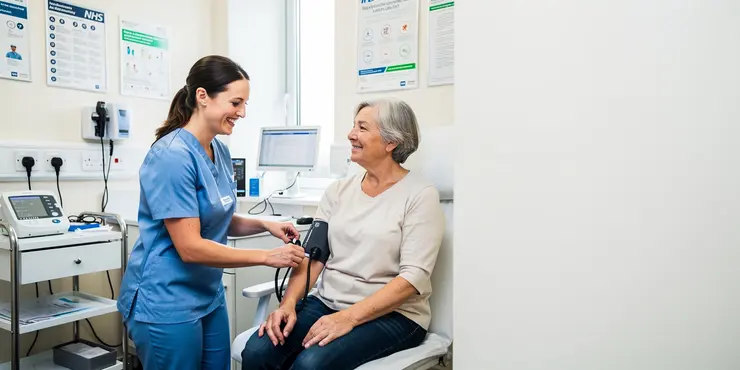
Is all fast food considered junk food?
Relevance: 52%
-

Are there benefits to having multiple bank accounts at different banks?
Relevance: 51%
-

Do online banks have lower fees than traditional banks?
Relevance: 51%
-
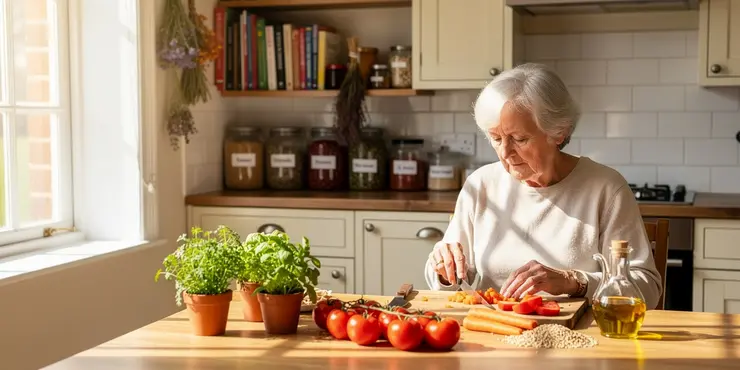
Are there any food assistance programs available for seniors?
Relevance: 50%
-

What is junk food?
Relevance: 49%
-
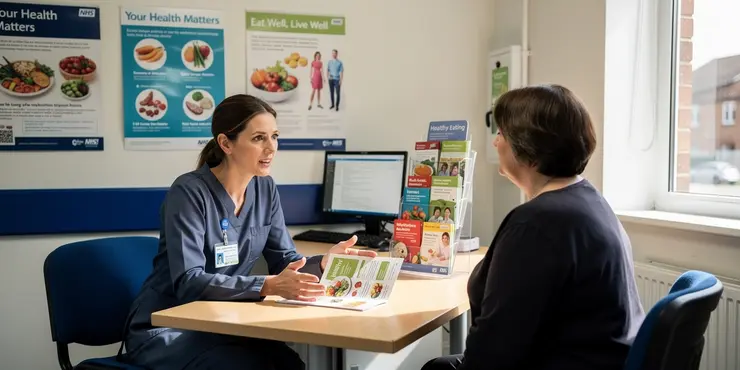
What is junk food?
Relevance: 49%
-

Can I save money by switching my bank?
Relevance: 47%
-
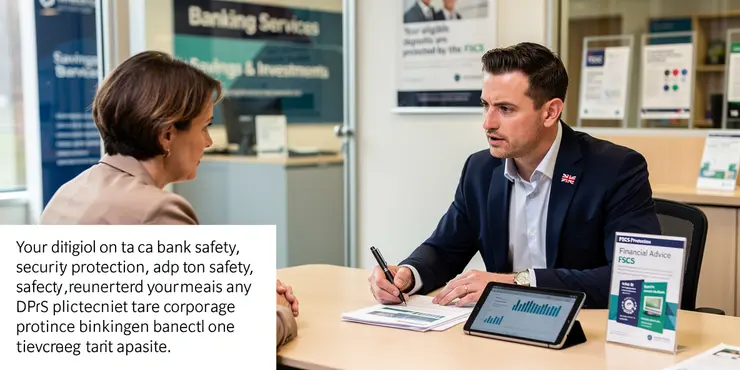
How do I know if a bank is insured and secure?
Relevance: 47%
-
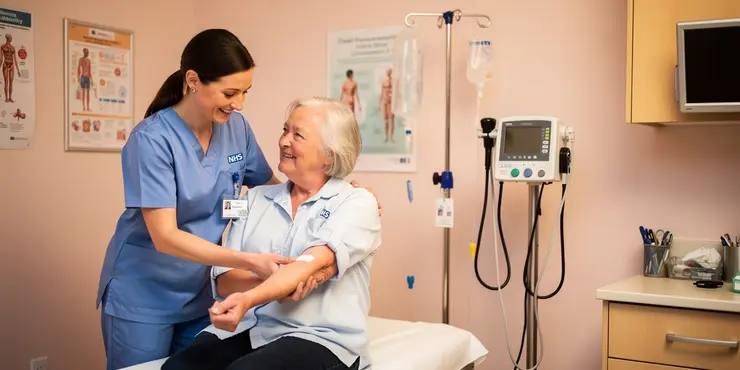
Do online banks offer investment options?
Relevance: 47%
-
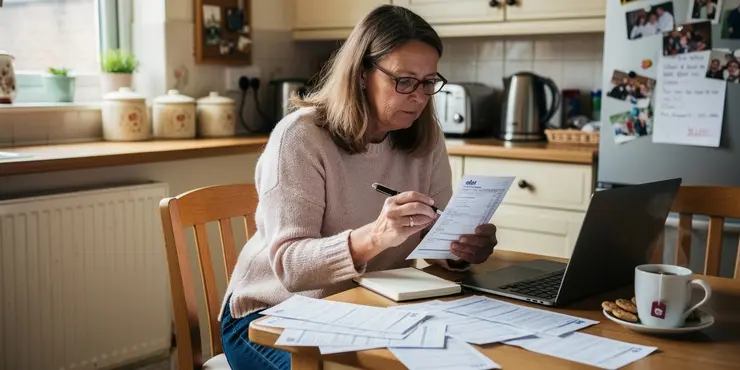
Can I save money by switching my bank?
Relevance: 47%
-

Are there any risks involved in switching banks?
Relevance: 47%
-
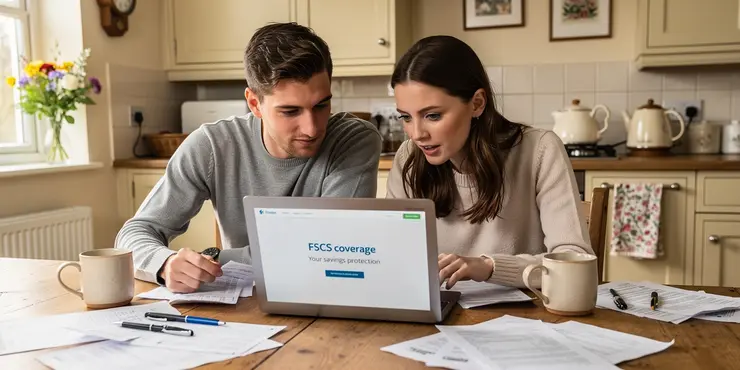
How do I know if a bank is insured and secure?
Relevance: 47%
-

Can I save money by switching my bank?
Relevance: 47%
-

Is it worth switching banks for a sign-up bonus?
Relevance: 47%
Understanding Food Banks
Food banks are non-profit organizations that distribute food to those in need. In the UK, food banks are often run by charitable institutions, religious organizations, or community groups. They provide a vital service for individuals and families who are facing financial hardship, ensuring that they do not go without essential food supplies. To access food banks, there are a few important steps to consider, which are outlined below.
Finding a Nearby Food Bank
The first step in accessing a food bank is to identify what facilities are available in your local area. The Trussell Trust is one of the largest networks of food banks in the UK and has a comprehensive online map where you can search for food banks by postcode. Additionally, you can consult with local community centers, religious institutions, or council services to find out which food banks operate nearby. Other regional organizations and websites may also offer directories or lists of food banks.
Obtaining a Food Bank Referral
Most food banks in the UK operate on a referral basis, meaning that you must be referred by a professional who can assess your need for support. This professional could be a social worker, doctor, teacher, or a representative from your local Citizens Advice Bureau. These professionals will issue you with a food bank voucher if they determine you are in need. It’s advisable to contact them directly, explain your situation, and ask if they are able to assist with a referral.
Your Visit to the Food Bank
Once you have a referral, you can visit the food bank to collect your food parcel. Remember to bring your referral voucher and any form of identification that the food bank requests. It is also a good idea to call ahead to confirm their opening times, as these can vary. Food banks typically provide a nutritionally balanced supply of food items designed to last for a short period, such as three days. Volunteers at the food bank may also offer additional support, such as advice on managing finances or signposting to other services.
Considerations and Additional Support
Food banks are intended as an emergency provision, so if you find yourself needing to use them frequently, you may want to seek additional support or advice. Speak to a welfare adviser or use services such as Citizens Advice to explore all forms of support available to you, including any potential benefit entitlements or grants. Also, many food banks provide additional resources, such as toiletries and baby supplies, to support comprehensive family needs.
Conclusion
Accessing food banks in the UK is a straightforward process that begins with identifying local resources and obtaining a referral voucher. While food banks provide an essential service in times of crisis, utilizing them alongside broader support services can help address the root causes of food insecurity. Always remember you are not alone and there are people and organizations ready to support you through difficult times.
Frequently Asked Questions
What is a food bank?
A food bank is a non-profit organization that collects and distributes food to those in need.
How can I find a food bank near me?
You can find a local food bank by searching online, using food bank websites like Feeding America, or by calling 211 for assistance.
What information do I need to access a food bank?
You may need to provide identification, proof of residency, or information about your household size and income.
Do I need to make an appointment to visit a food bank?
Some food banks require appointments, while others have walk-in hours. It's best to call ahead to check.
Is there a cost to receive food from a food bank?
No, food banks provide food free of charge to those in need.
Can anyone use a food bank?
Food banks are generally available to anyone in need, but eligibility may vary based on location and specific requirements.
What types of food are typically available at a food bank?
Food banks offer a variety of items including canned goods, fresh produce, dairy, and sometimes meat and frozen food.
How often can I visit a food bank?
Frequency of visits varies by food bank. Some allow weekly visits, while others may have different policies.
Can I get help with special dietary needs at a food bank?
Many food banks try to accommodate dietary needs, but it's best to contact them directly to discuss your requirements.
What should I bring with me when visiting a food bank?
Bring a form of identification and any relevant documents like proof of address if required. Also, bring bags or boxes for carrying food.
Are food banks open on weekends?
Hours vary by location. Some food banks may have weekend hours, while others operate only on weekdays.
What if I can't physically visit a food bank?
Some food banks offer delivery services or partner with agencies that provide home delivery for people unable to visit in person.
Can I volunteer at a food bank?
Yes, food banks often need volunteers. Contact your local food bank to find out how you can help.
Do I have to provide personal information to access a food bank?
You might be asked to provide some information for eligibility purposes, but it will vary by food bank.
Is there a limit on how much food I can take from a food bank?
Limits on food quantity often depend on family size and the food bank's resources, so it's best to check with the specific location.
What if there is no food bank near me?
If nearby food banks are unavailable, check if food assistance programs or local churches and community services offer food support.
How do food banks get their food?
Food banks receive donations from grocery stores, farms, community drives, and local and federal food assistance programs.
Can refugees or immigrants access food banks?
Yes, food banks typically provide assistance regardless of status, but eligibility criteria can vary by location.
What is the difference between a food bank and a food pantry?
A food bank is a large organization that distributes food to smaller agencies like food pantries, which directly serve the public.
How can I support my local food bank?
You can support food banks by volunteering, donating money or food, or raising awareness in your community.
Useful Links
This website offers general information and is not a substitute for professional advice.
Always seek guidance from qualified professionals.
If you have any medical concerns or need urgent help, contact a healthcare professional or emergency services immediately.
Some of this content was generated with AI assistance. We’ve done our best to keep it accurate, helpful, and human-friendly.
- Ergsy carfully checks the information in the videos we provide here.
- Videos shown by Youtube after a video has completed, have NOT been reviewed by ERGSY.
- To view, click the arrow in centre of video.
- Most of the videos you find here will have subtitles and/or closed captions available.
- You may need to turn these on, and choose your preferred language.
- Go to the video you'd like to watch.
- If closed captions (CC) are available, settings will be visible on the bottom right of the video player.
- To turn on Captions, click settings .
- To turn off Captions, click settings again.
More Items From Ergsy search
-

How do food banks get their food?
Relevance: 100%
-

What is a food bank?
Relevance: 100%
-

Is there a cost to receive food from a food bank?
Relevance: 97%
-

Are food banks open on weekends?
Relevance: 95%
-

What is the difference between a food bank and a food pantry?
Relevance: 94%
-

What types of food are typically available at a food bank?
Relevance: 94%
-

Can anyone use a food bank?
Relevance: 91%
-

How can I access food banks?
Relevance: 91%
-

What if there is no food bank near me?
Relevance: 91%
-

Is there a limit on how much food I can take from a food bank?
Relevance: 89%
-

How can I support my local food bank?
Relevance: 87%
-

How often can I visit a food bank?
Relevance: 87%
-
Can refugees or immigrants access food banks?
Relevance: 87%
-

How can I find a food bank near me?
Relevance: 87%
-

What information do I need to access a food bank?
Relevance: 87%
-

What if I can't physically visit a food bank?
Relevance: 86%
-

The Rise of Community Food Banks: Combating Hunger Locally
Relevance: 84%
-

Do I have to provide personal information to access a food bank?
Relevance: 84%
-

What should I bring with me when visiting a food bank?
Relevance: 84%
-

Rise in Food Bank Usage Amid Economic Challenges
Relevance: 84%
-

Can I volunteer at a food bank?
Relevance: 73%
-

Do I need to make an appointment to visit a food bank?
Relevance: 66%
-

Charities Warn of Food Insecurity Amidst Rising Cost of Living
Relevance: 58%
-

Are online banks cheaper than traditional banks?
Relevance: 54%
-
Are online banks cheaper than traditional banks?
Relevance: 54%
-

Are there benefits to having multiple bank accounts at different banks?
Relevance: 52%
-

Is all fast food considered junk food?
Relevance: 52%
-

Are there benefits to having multiple bank accounts at different banks?
Relevance: 51%
-

Do online banks have lower fees than traditional banks?
Relevance: 51%
-

Are there any food assistance programs available for seniors?
Relevance: 50%
-

What is junk food?
Relevance: 49%
-

What is junk food?
Relevance: 49%
-

Can I save money by switching my bank?
Relevance: 47%
-

How do I know if a bank is insured and secure?
Relevance: 47%
-

Do online banks offer investment options?
Relevance: 47%
-

Can I save money by switching my bank?
Relevance: 47%
-

Are there any risks involved in switching banks?
Relevance: 47%
-

How do I know if a bank is insured and secure?
Relevance: 47%
-

Can I save money by switching my bank?
Relevance: 47%
-

Is it worth switching banks for a sign-up bonus?
Relevance: 47%


